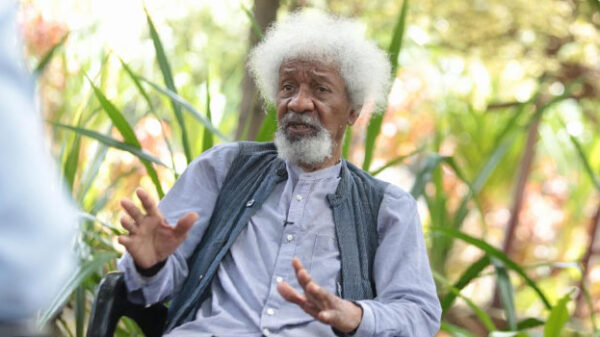
The Nairobi Hospital carried out free screening at the Uhuru Park on Thursday to mark World Kidney Day/MUTHONI WAWERU
NAIROBI, Kenya, Mar 10 – The World Kidney Day was celebrated with pomp and color as children, the public as well kidney patients and survivors converged at the Uhuru Park to commemorate the day.
Key on agenda was the need to increase awareness on the importance of the kidney to our health as well reducing the impact of kidney disease and its associated problems worldwide.
Every year World Kidney Day highlights the importance of kidney health and disease to populations around the world. This year World Kidney Day is focusing on obesity and its relationship with kidneys.
Globally, at least 600 million people are affected by obesity, 220 million of whom are school aged children.
A research done locally by the World Health Organization (WHO) found that children in urban settings appear to show signs of nutrition-physical activity transition.
This means that urban children partake in more sedentary behaviors such as taking a bus to school every day compared to rural children.
The research shows that as developing nations become more prosperous, they acquire some benefits like reduction in mortality and morbidity resulting from infectious diseases.
However, these incredible positives come along with increased vulnerability to chronic non-communicable diseases and associated risks.
Individuals affected by obesity have an 83pc increased risk of chronic kidney disease (CKD) and end stage renal disease (ESRD) such as diabetes, hypertension, and kidney stones.
“Obesity is not a new health problem but unfortunately it is affecting more and more people every year, both locally and internationally,” noted kidney specialist Ahmed Twahir.
“While most of us are aware that being overweight increases your risk of heart disease and diabetes, it can also cause major damage to your kidneys too,” he said.
Twahir who terms the disease as a silent killer pointed out that strategy to counter excess weight and prevent the development of diabetes, hypertension and cardiovascular disease will reduce the risk of kidney disease.
“Our lifestyles and eating habits have changed over time and will continue to do so and the effects of this are being overweight. We need to be aware of these acquired habits substituting them with exercises, balanced diets, remember a fat child will be an obese adult,” cited Twahir.
On diagnosis, Twahir noted that many still do not go for annual diagnosis, with many doing so when the condition is at its acute stage.
“It is not expensive to do a basic Kidney test which ranges between Sh500-Sh1,000 and this is enough to tell you whether you are at risk of developing kidney disease.”
Twahir stated that dialysis is now more accessible to many patients thanks to NHIF cover of Sh1mn towards kidney disease treatment.
John Githunguri, a 31 year-old kidney disease survivor also urged the government to work on up scaling the NHIF kidney treatment cover to cater for management and treatment after a transplant which is a costly affair.
“A post kidney transplant patient spends 30,000 per month on drugs alone, including tests and clinics the figure goes up to 50,000,” noted Githunguri who was diagnosed with kidney disease in 2015.
“Plus it makes no sense for the cover to take care of us during dialysis yet after a transplant life gets hard. We are asking the NHIF to put this into considerations especially when it comes to matters of insurance and bills.”
Kidney specialist Twahir who backed his statement also urged Kenyans to seek treatment locally as the services are readily available at affordable prices compared to other countries.
“We have the capability, technology, capacity in most of the hospitals both the public and private to carry out kidney treatment and transplants. More so, the cost of carrying out a kidney transplant in Kenya and India is more or less the same,” Twahir noted.
In the case of Githunguri, his condition was captured in time thanks to regular checkups which Twahir notes is yet to be taken up by many.
“Unfortunately kidney disease is a silent disease with many people not knowing that they have the disease,” said Twahir, “A simple blood test to show the state of your kidneys will go a long way in ensuring a healthy you.”










































